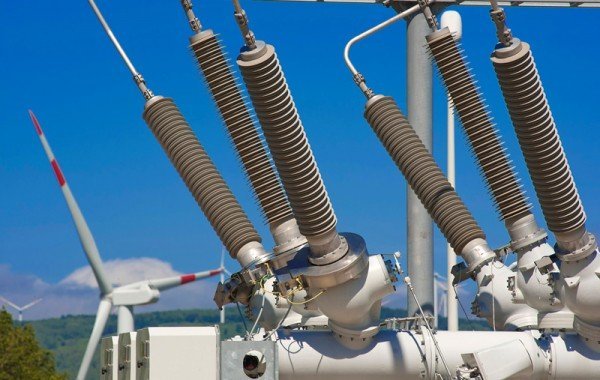Firstly, there are three network charging changes that will affect business bills that will come into effect from 1 April 2018.
DCP161 affects network capacity. Businesses have a set capacity, agreed with their distribution network operator, around the maximum demand they can import. Currently, if that capacity is breached the business just pays the standard rate for any excess. However, from April, breaching the agreed capacity limit will incur a penalty charge up to three times the standard rate.
DCP228 affects time of use tariffs – red, amber and green, or RAG, rates. To date, red rates have been many times higher than green rates, leading companies to adopt red band avoidance strategies. But from April, the RAG rates are being flattened, so that the difference between red and green rates is much less. While some companies may see smaller bills as a result, others face higher charges as avoidance measures become nullified.
DCP161 and DCP228 make up 10-15% of the average power bill.
Increasing market volatility in 2018 is compounded by rising policy costs and regulatory change.
Commodity prices now make up less than half of the power bill. For many industrial and commercial firms, non-commodity elements are set to increase to approximately two thirds of the bill by 2020.
There have also been recent disruptions at some of Europe’s key gas infrastructure – an explosion at the Baumgarten import hub, and a fracture at the Forties pipeline, plus technical failures at the BBL pipeline and Norway’s Troll field. These outages and their impact on market prices illustrate that event risk can cause shockwaves of volatility.
Because the UK’s largest gas storage facility, Rough, is closing, those shockwaves will likely be greater than they have been in the past.
Rough used to provide a cushion so we could draw down when needed. That cushion is no longer there, and markets will factor that into prices.
So what should businesses do to insulate themselves from these risk without paying through the nose?
One of the most effective ways is to generate your own electricity using renewable technologies such as solar panel installations and biomass and to install technologies that use less electricity such as LED Lighting and Air Source Heat pumps.
Want to find out more about how you could reduce your electricity bills with renewable technologies? Call us on 0161 330 7739 or leave your details and we can get in touch with you.
[contact-form-7 id=”3904″ title=”Get a FREE energy survey”]

Enquire or Request a Quote
Working towards a more sustainable future in business

- UK +44 161 330 7739
- KSA +966 11 261 1600
- Info@energygain.co.uk
- UK: Energy Gain UK, 9 Avocado court, Commerce Way, Trafford Park, M17 1HW
- KSA: Airport Road, Building 7, Level 1, Zone A, The Business Gate, Riyadh, 11683
